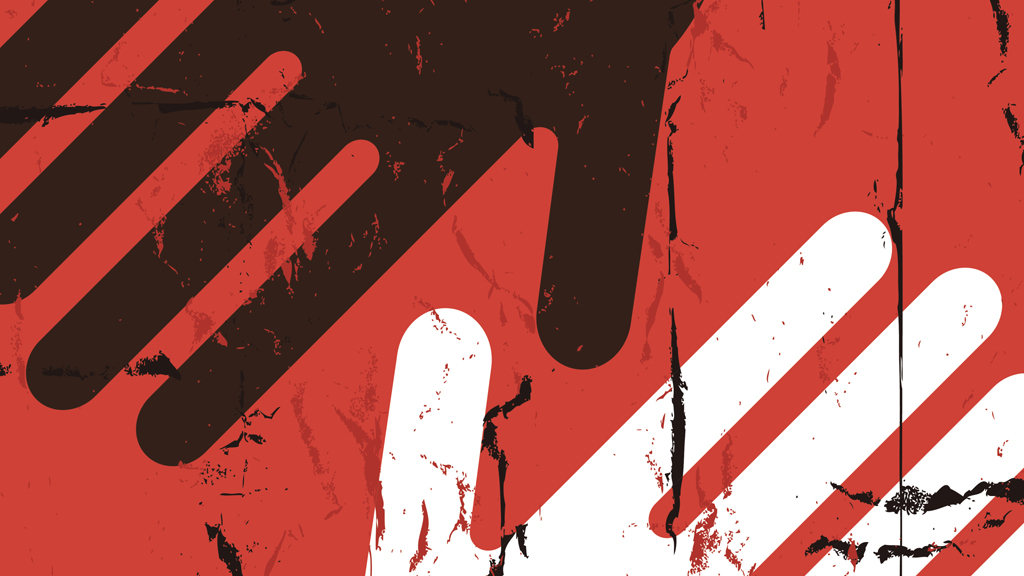Racial prejudice ‘on the rise’ in the UK
Almost a third of British people describe themselves as either “very” or “a little” prejudiced against people of other races, a survey of social attitudes finds.
The British Social Attitudes Survey, published annually by the National Centre of Social Research (NatCen), revealed “troubling” findings that levels of racial prejudice are “on the rise”.
This bucks the trend of a more socially liberal and tolerant Britain. Penny Young, National Centre of Social Research
NatCen said 30 per cent of more than 2,000 people surveyed said they were “very” or “a little” prejudiced against people of different races. The figures show 3 per cent said they were “very” prejudiced against people of other races and 27 per cent said they were “a little” prejudiced.
The figures herald a return to previous levels of racial intolerance before an all-time low in 2001 (25 per cent), NatCen said.
“The findings are troubling,” said Penny Young, chief executive of NatCen Social Research.
“Levels of racial prejudice declined steadily throughout the nineties, but have been on the rise again during the first decade of this century. This bucks the trend of a more socially liberal and tolerant Britain.
“Our local and national leaders need to understand and respond to increased levels of racial prejudice if we are to build strong local communities!

Fear
Racial prejudice peaked in 1987, NatCen research has previously showed, with 38 per cent of people saying they were racially prejudiced. This fell to a low of 25 per cent in 2001 – but then began rising year-by-year – perhaps as a result of the 9/11 terrorist attacks.
“Back in 1983, when we started British Social Attitudes, it looked as if it was an inexorable decline, it looked like as if it was part of increasing socially liberal Britain, so things like attitudes towards same-sex marriage, having children before marriage and so on, they were all going in one direction,” she Ms Young told BBC Radio 4’s Today programme.
“On this trend, in about 2001, it seemed to change, and we think there are probably two possible things that are driving this.
“One, it was a very marked turning round in 2001, so it may well be an impact of 9/11, that people started to feel more fearful, or to do with people feeling concerned about the impact of immigration in their own area or being fearful of the impact of immigration in their own area.”
NatCen said that nine in 10 of those who admit to some level of racial prejudice would also like to see a reduction in the current level of immigration, in comparison to around seven in 10 who say that they’re not prejudiced at all.
The racial prejudice figure rose to 38 per cent by 2011, before falling back to 26 per cent in 2012, possibly as a result of the impact of the London Olympic Games.
Young, educated Londoners
However, the latest data shows a rise once again in intolerant attitudes.
The research said that the area in which people were most likely to describe themselves as racially prejudiced was the West Midlands (35 per cent of people either “very” or “a little” prejudiced).
Inner London was the place where people were least likely to describe themselves as racially prejudiced (16 per cent).
Younger people were also less likely to describe themselves as racially prejudiced, with 20 per cent of 17-34 year olds describing themselves as such, compared with 36 per cent of over 55s.
Education had an impact on views with 19 per cent of those with a degree reporting racial prejudice compared with 38 per cent of those with no qualifications.